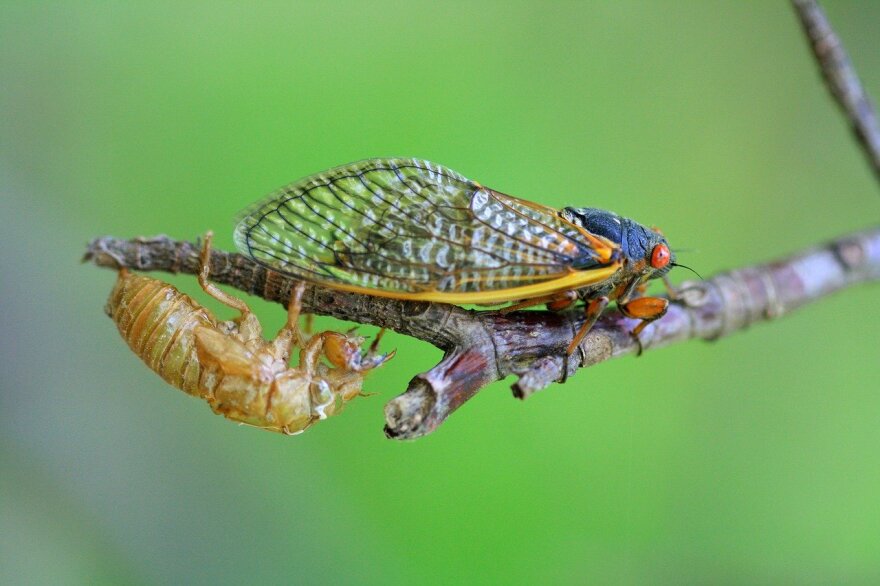Cicadas are one of summer’s constants, and this year those living in the eastern United States will notice an increase in the insects.
Two broods are set to emerge this year, XIII and XIX, and officials said the affected areas will span Alabama to Wisconsin.
Amanda Potter is the Agriculture and Natural Resources officer with the Rowan County Extension Agency. She said cicada season likely won’t make as big of an impact in our area.
“There definitely will be cicada activity here in Kentucky, but the two broods that are actually going to be emerging this year are going to be on the western part of the state. Of course, that’s not to say that some of these won’t make it towards the eastern part of the state. Or we actually may see the emergence of a few early cicadas from the brood that is supposed to be emerging next year,” said Potter.
Potter said there isn’t much harm expected to come from cicadas, as they do not bite or sting and are mostly just a nuisance, but that they can pose a risk to some plants.
“One thing for those who have like ornamentals, especially ornamental trees here in this part of the state, is some of these cicadas will actually lay eggs which can cause some minor damage to some of these ornamental plants, so that’s just something to keep an eye out for. You can actually buy what’s called cicada netting to cover these ornamentals. If they do emerge on this part of the state it will be around May and June,” said Potter.
She added that there is a chance for heightened predator activity with cicadas in the area, and to watch out for snakes at the bases of trees that might be looking for a screaming snack.
She also said people who are allergic to shellfish should be careful, as people with those allergies are likely to be allergic to cicadas as well.
Potter said people interested in the broods emerging this year can download an app called Cicada Safari, which catalogs and marks the areas where non-yearly broods emerge.

